Traditional Publishing Declares War on Florida Book Bans
Despite the rise of self-published authors, traditional publishers still hold significant influence, particularly in reaching school-aged readers and supplying books to libraries and bookstores. In some cases, that’s actually a good thing, as we’re currently seeing unfold in Florida.
There is a legal battle getting underway in the southern state, between Penguin Random House (one of the “big five” traditional publishers), and a local school district that implemented a “book ban” that resulted in the removal of numerous titles from the library system. As Ginger explains, the outcome of this case can have far reaching ramifications regarding not only free speech and the power of books, but towards safeguarding our intellectual freedom as a whole.
Many of the posts you’ll find on this blog talk about how traditional publishing is on the ropes, and how independent and self-published authors are becoming more and more of a dominant part of the industry.
However, tradpub is very far from dead – and two areas in which their sway in undeniable is in reaching the school-aged market for new books, and providing printed copies for libraries and bookstores. Even as self-publishing pioneers like Mark Dawson find their books in mainstream stores, traditional publishers still have enough in the scholastic market to demand that books get censored even without their author’s permission.
And sometimes, all that power and influence can be used for good! As seems to be the case in Florida, where Penguin Random House – one of the massively powerful “big five” traditional publishers – are suing a Florida school district after a local “book ban” saw dozens of titles removed from its library system.
The Battle for Our Books
Recently, laws have been passed in Florida and other states that target gender-affirming care for minors, drag shows, who can use which public restrooms, and even discussion of the use of pronouns in schools.
Emboldened by these laws, conservative groups have taken the opportunity to challenge access to hundreds of books in school and public library systems across the country – most of which have to do with LGBTQA+ issues, or discussions of racism and social justice. Between July and December of 2022, there were 874 different books subject to a ban from their local library system – and the rate of these challenges showed no sign of slowing down.
Or, at least, it didn’t until authors, publishers, and free speech advocates started fighting back. Their first battleground is the Escambia County School District in Pensacola, Florida – where over 100 books have been placed under restricted access, or removed from libraries altogether.
PEN America, a nonprofit organization that works to defend and celebrate free expression in the United States and worldwide, have joined forces with Penguin Random House and five of the authors whose books were banned in order to challenge the restrictions – arguing that the ban violates the First Amendment of the Bill of Rights – which prohibits “abridging the freedom of speech, or of the press.”
What’s significant about this is that Penguin Random House bring to this fight what individual authors or parents are unable to – high-priced lawyers. That’s why this challenge is being taken right to the District Court of the Northern District of Florida, and will be heard in front of a jury, rather than a judge. Depending on the verdict, this ruling could set a precedent that would impact every book challenge in America.
What are we fighting for?
At the heart of the battle for our books is the issue of access. Because of the First Amendment, it’s practically impossible to ban a book from sale from an online or physical bookstore (although there have been many attempts to do so!)
However, school and public libraries are tax-payer funded, and therefore conservative groups argue that they shouldn’t be allowed to provide access to books that are “pornographic, violent or inappropriate.” They have produced lists of books which they believe fit that description, and have been demanding that they are restricted or removed from libraries to “protect” readers.
When a book is challenged this way, the procedure demands that the matter be put before a committee which ultimately decides whether or not to uphold the ban. However, in the case of the Escambia County School District, the verdict of these individual committees was ignored and the Board Members elected to unilaterally ban the challenged books.
Because the Board comprises just a few members, many of whom also have conservatives agendas, it was clearly very easy for the conservative groups to influence them into supporting the book bans. It was also the reason challenging the bans was so difficult – because individual parents or authors would be appealing to the very Board which approved the unilateral bans.
But with the financial support of Penguin Random House, PEN America and the co-signed authors are able to bring the matter in front of a much higher authority – the Court of the Northern District of Florida. It will also be down to twelve jury-selected strangers to ultimately decide the issue, rather than members of a local school board.
And should this case succeed, it will set a powerful precedent. While the verdict will only effect the Escambia County School District, it will likely set a precedent upheld by other court systems across the United States; cutting the legs out of many of the other attempts to ban books.
It’s also got a strong shot at success. Over 40 years ago, Supreme Court Justice William Brennan Jr. issued an opinion in the similar 1982 Board of Education, Island Trees Union Free School District v. Pico case, in which he declared: “Local school boards may not remove books from school library shelves simply because they dislike the ideas contained in those books”.
With a Supreme Court ruling in their favor, PEN America and Penguin Random House have a strong case that will hopefully put a halt to this current wave of book bans.
Why is it so important?
In our age of social media, it’s perhaps reassuring that books remain on the front lines of the cultural battleground. In a tradition that’s lasted centuries, those in power are threatened by the ideas of those who aren’t – and despite digital alternatives, books remain the best way to give people access to those ideas.
Which is why the battle to prevent books being pulled from the shelves of libraries is so important. For thousands of schoolkids, the books they have free access to through their school or library systems are their only chance to read new and challenging ideas and concepts.
You can’t block the IP address of a book. It can’t run out of batteries, or be deleted off the Internet. Paper and ink are immutable; and the ideas contained within them have inspired everything from revolutions to regime change. They are literally the last line of intellectual defense; and that’s why we must fight so much to ensure everybody can access the treasures they contain.
And while PEN America and Penguin Random House will hopefully triumph in this latest battle, it’s a war that continues to rage. Those who wish to control us will always start by trying to ban books – because, as Sarah J. Maas said in her novel Throne of Glass, “libraries are full of ideas – perhaps the most dangerous and powerful of all weapons.”


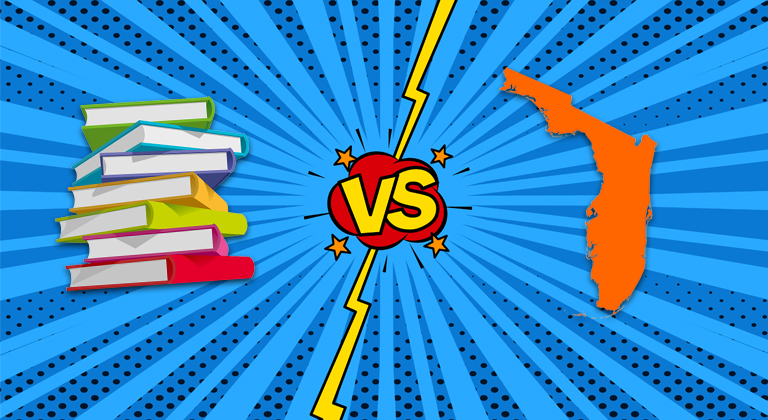

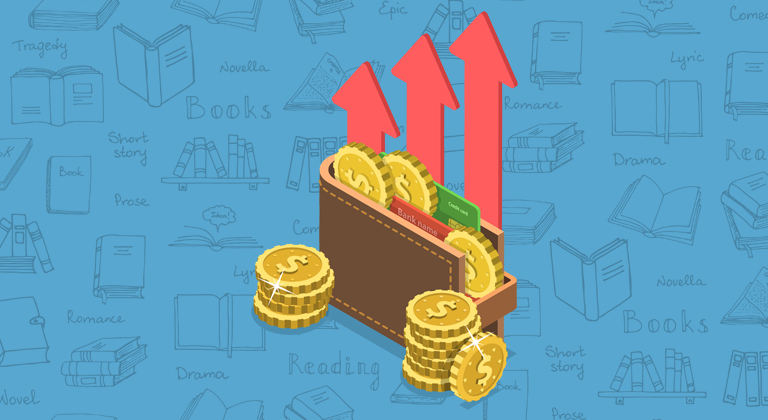
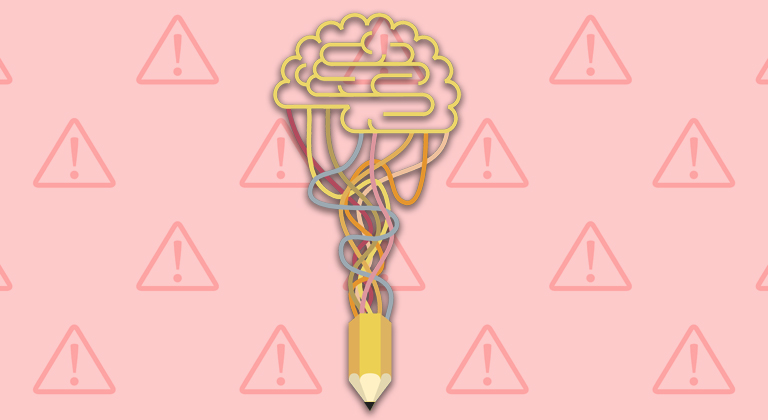

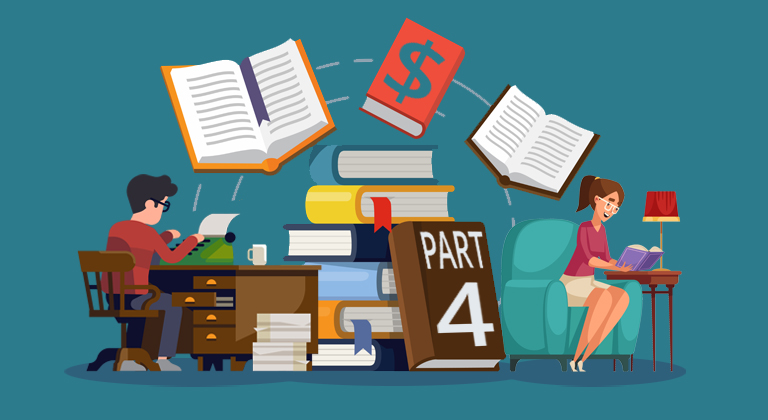
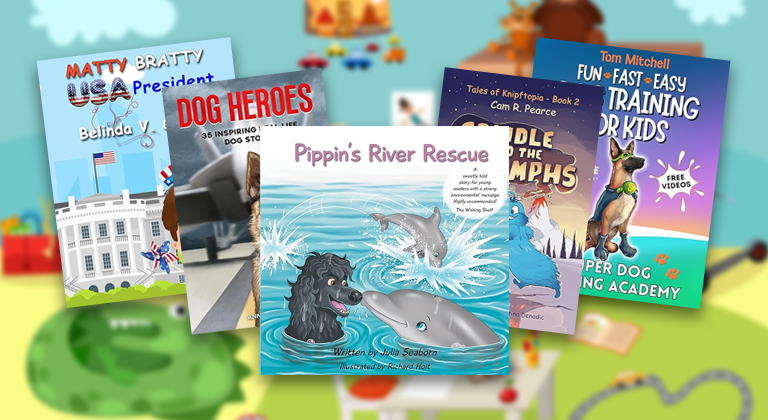
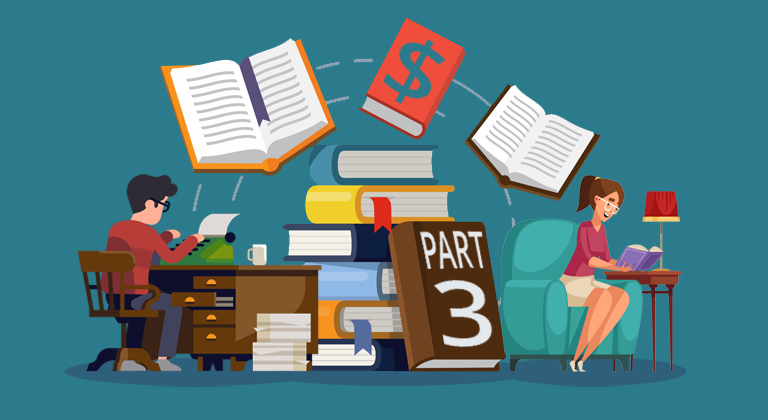
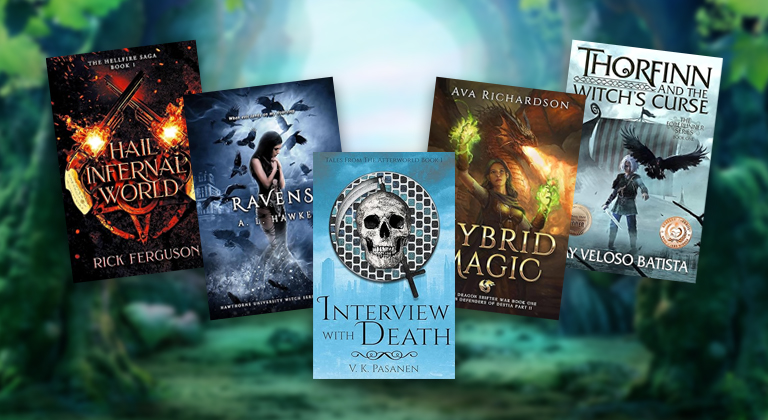
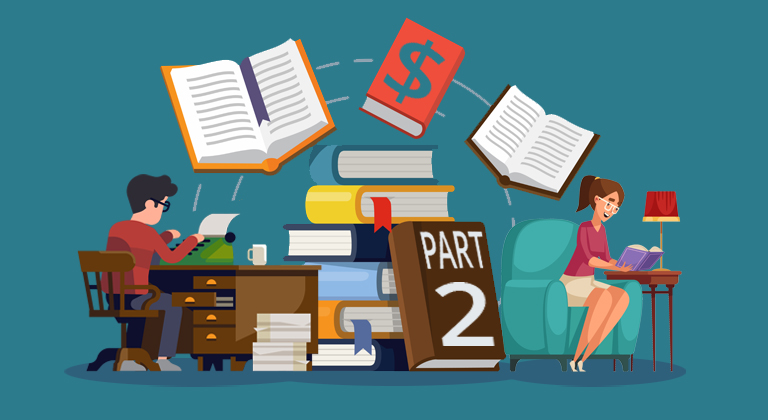
In general I’m not a fan of banning books, and I loathe censorship, but when it comes to k-5, discretion should absolutely be exercised. These poor kids are bombarded with messages they’re likely not ready for from the day they are born. And it shouldn’t be about politics or religion. It SHOULD be about what is developmentally appropriate, not for pushing agendas from any side. High school kids are a different animal; they are just steps from adulthood and should have free reign and access to whatever. The media has absolutely made Florida into a 3 ring circus
This is certainly scary stuff, as most censorship is. Thanks for the in-depth report, Ginger.
Couldn’t more strongly agree!!! I’m not only an author but a library lover, and am currently serving as Chairman of my local library board. These book bans scare me. Florida scares me, lol.
Thanks for the excellent take on this giant issue here in the US! 👏👏👏
Highly doubtful this will succeed. I live Florida and while the media likes to say many books are being banned, they aren’t.
The books in question are being move to age appropriate libraries or sections in the library. What’s ironic, is the books being moved or covered up are so descriptive and graphic they couldn’t be read aloud at the school board meeting. It’s just not appropriate for K-5 to have access this kind of material.
Despite what thry say in the media. There is no list from the State of banned books in Florida. You can Google this or check the State Department of Education to see if they have a list, they don’t.